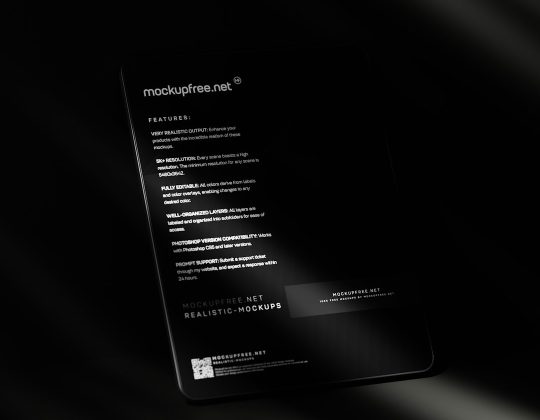With the rising dependency on communication platforms, Discord has established itself as a titan in the online community space. However, some users have grown concerned about privacy policies, centralized control, and a lack of customization. Enter Revolt — a fully open-source alternative to Discord that has been gradually stirring interest among developers, gamers, and privacy-conscious users. But the real question remains: Is Revolt any good? Let’s dive in.
What is Revolt?
Revolt is a free and open-source platform that aims to provide an experience similar to Discord in terms of features and functionality, yet with a strong emphasis on privacy, customization, and decentralization. Anyone can self-host their own version of Revolt, giving them full control over their data and how the service is used.
Developed with community-led guidance, Revolt’s UI feels instantly familiar to those accustomed to Discord. But beyond appearances, it’s what’s underneath that makes it worth a look.
Key Features of Revolt
- Open-Source Code: Anyone can review or contribute to the codebase.
- Privacy-Focused: No invasive data collection or tracking.
- Custom Themes: Full theme customization for a tailored look and feel.
- Self-Hosting: Host your own servers for maximum control.
- Lightweight Interface: Optimized performance even on lower-end machines.

How Does It Compare to Discord?
Functionality-wise, Revolt does a great job offering essential core features like voice chat, text channels, user roles, file sharing, and custom emojis. But it’s worth noting that some advanced features Discord offers—like screen sharing, seamless bot integration, and robust nitro perks—are either still in development or community-maintained on Revolt.
Performance and design also match quite favorably. The UI is crisp and responsive, and some users even claim faster load times than Discord. Moreover, since it is less bloated, it’s ideal for users wanting a clean and efficient experience.
Customization and Theming
One area where Revolt clearly shines is in its ability to be customized. Users can apply different themes or even create and distribute their own. Unlike Discord, which confines users to limited appearances unless using third-party hacks (like BetterDiscord), Revolt embraces customization natively.

Community and Development
Though smaller than Discord’s, Revolt’s community is tight-knit and active. Developers continuously update the app based on user suggestions and work transparently through GitHub. It creates a grassroots appeal to those who like being part of the process.
However, the small user base can be a limitation if you’re looking for a wide array of servers or instant support for every problem. Still, for specific use cases like private groups, open-source projects, or internal team communication, Revolt is ideal.
Is Revolt Ready for Prime Time?
That depends on what you’re looking for. For casual users wanting robust features, a huge user base, and seamless integrations, Discord still holds the crown. But for privacy-aware users, developers, or small communities willing to trade convenience for control and openness, Revolt is a compelling alternative.
With its open development, dedication to privacy, and customizable nature, Revolt may not replace Discord for everyone—but it positions itself as a freedom-first communication platform worth watching.
FAQ
- Q: Is Revolt completely free?
A: Yes, Revolt is entirely free to use and open-source. You can also self-host your instance if needed. - Q: Can I use bots on Revolt?
A: Bot support is currently community-driven and still developing. It’s not as extensive as on Discord, but basic functionality is available. - Q: Is Revolt safe?
A: Being open-source allows anyone to audit the code. It uses modern encryption practices, and unlike many mainstream platforms, it doesn’t collect personal data unnecessarily. - Q: Does Revolt have a mobile app?
A: Yes, Revolt has an online web app and is steadily rolling out mobile apps as development continues. - Q: How can I self-host Revolt?
A: Detailed guides are available on Revolt’s GitHub repository, including Docker images and server setup instructions.
In conclusion, while Revolt may not have all the bells and whistles of Discord just yet, it offers transparency, control, and community-focused values that resonate in today’s digital landscape. If these aspects matter to you, then Revolt might just be the right choice.








